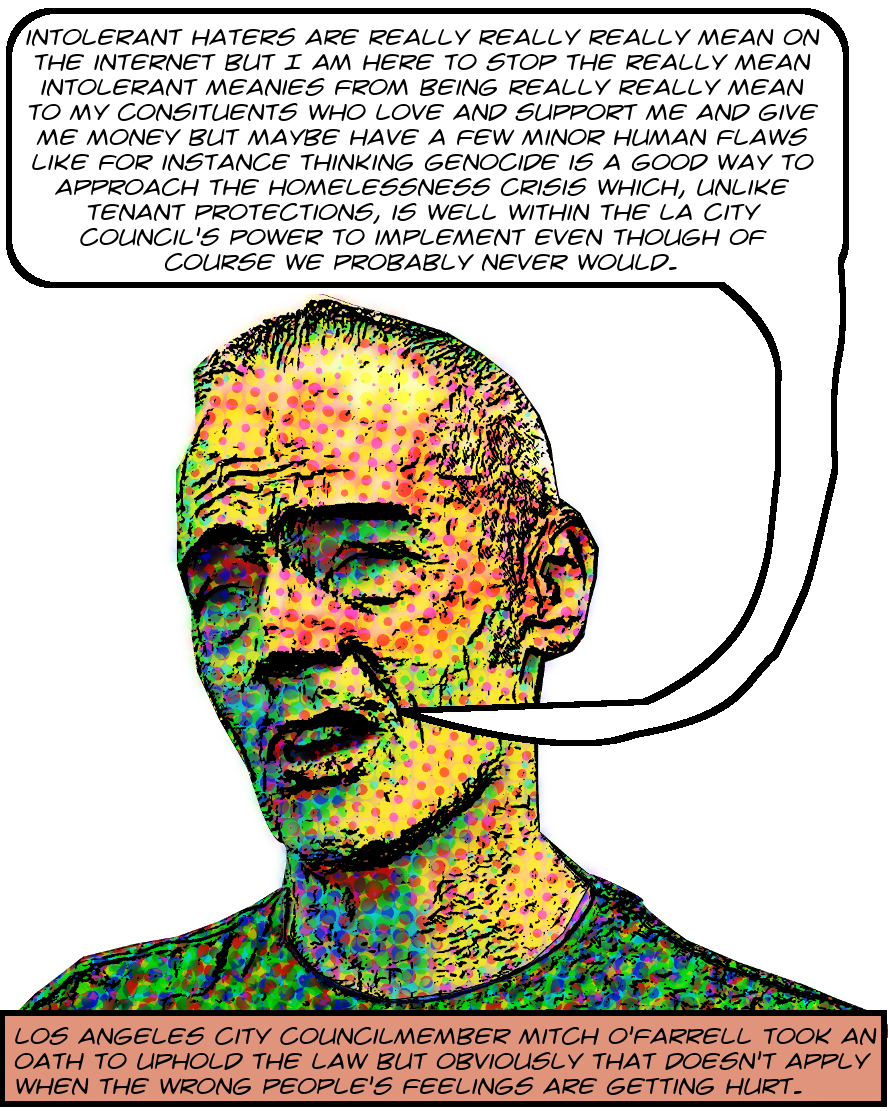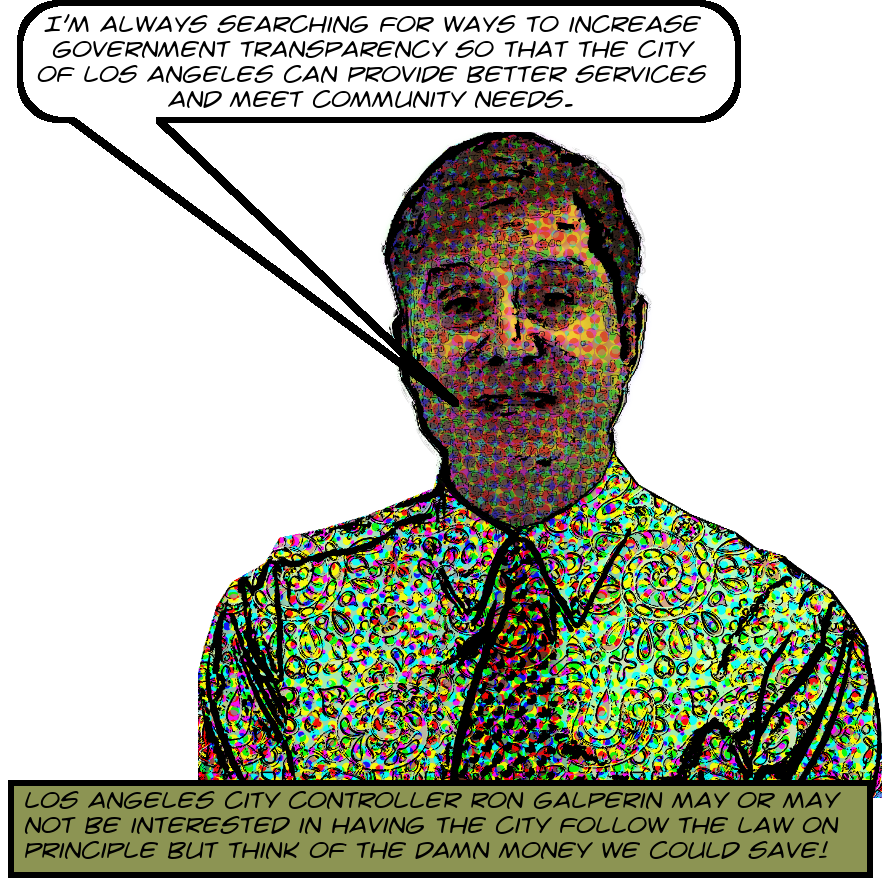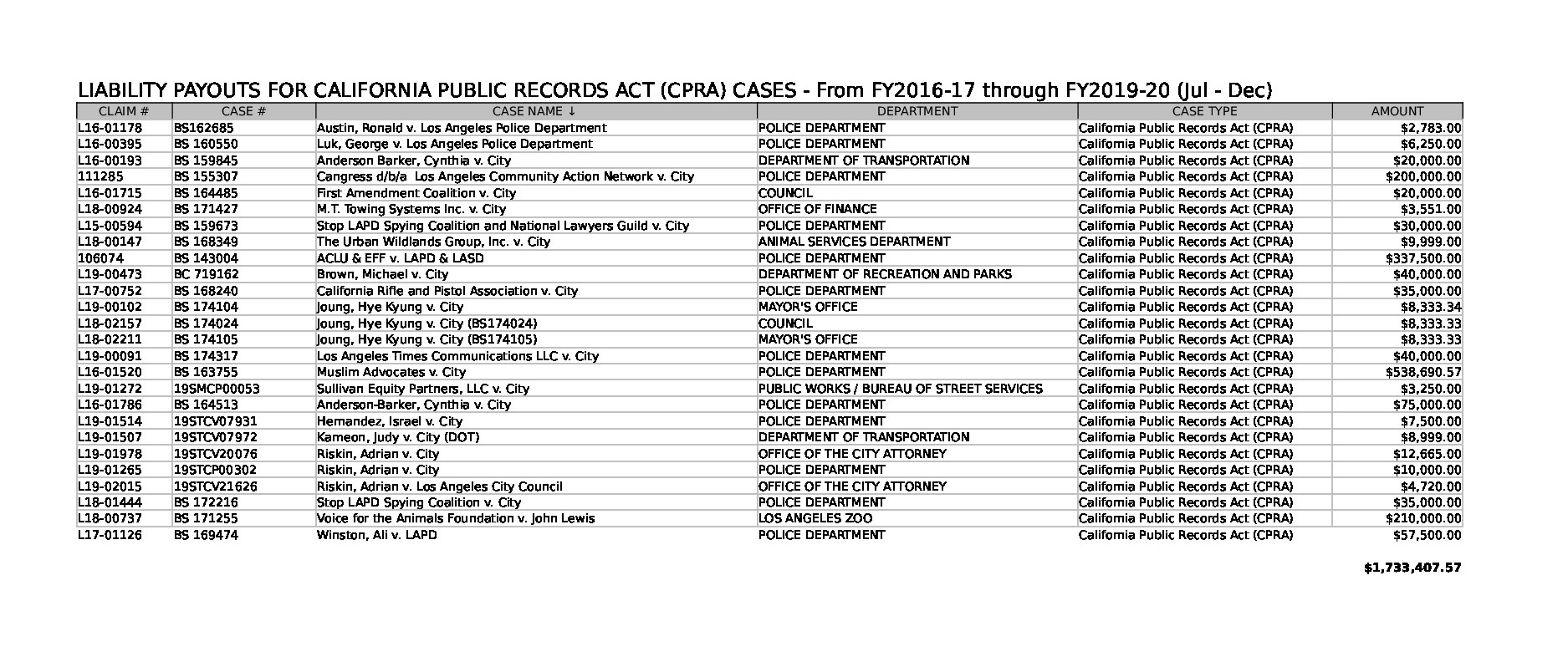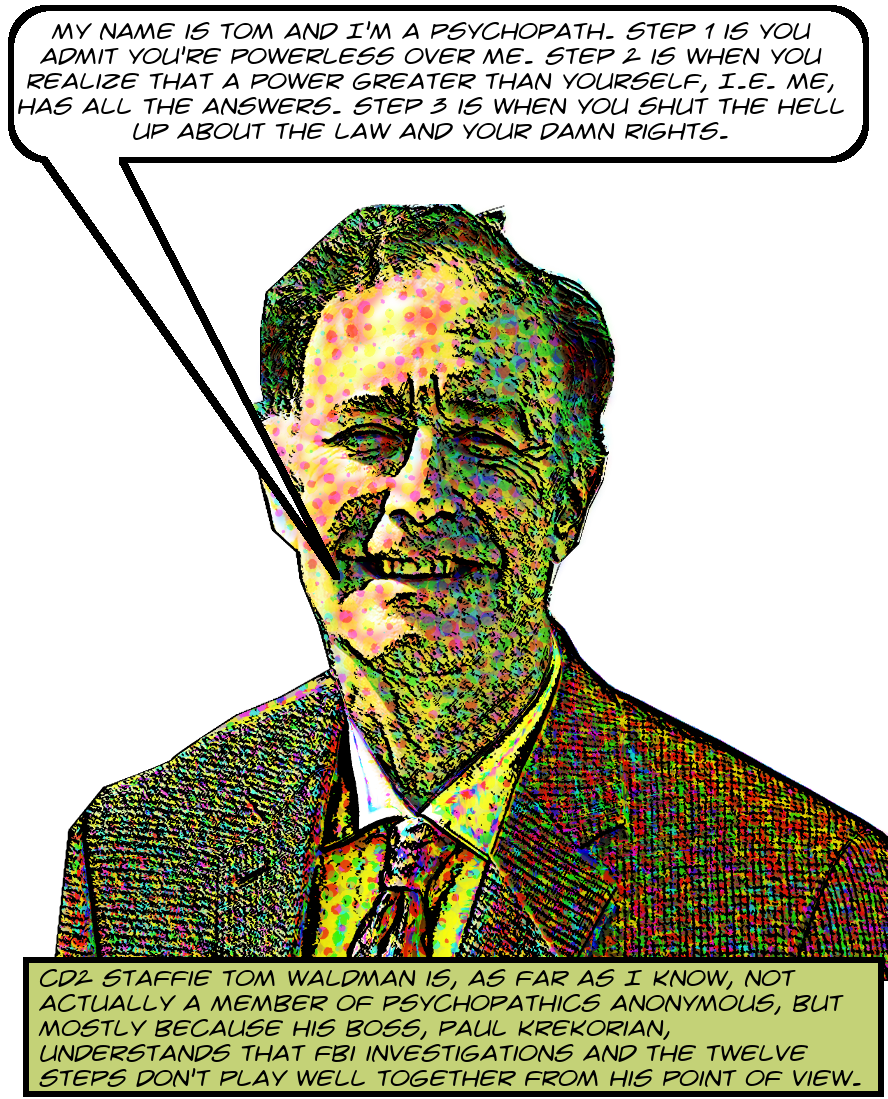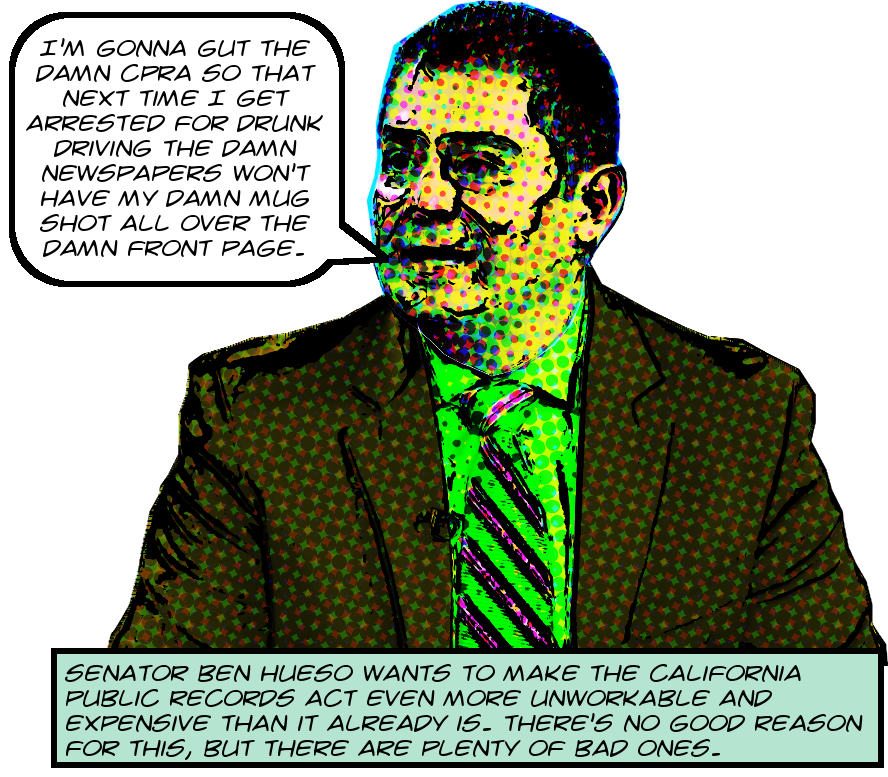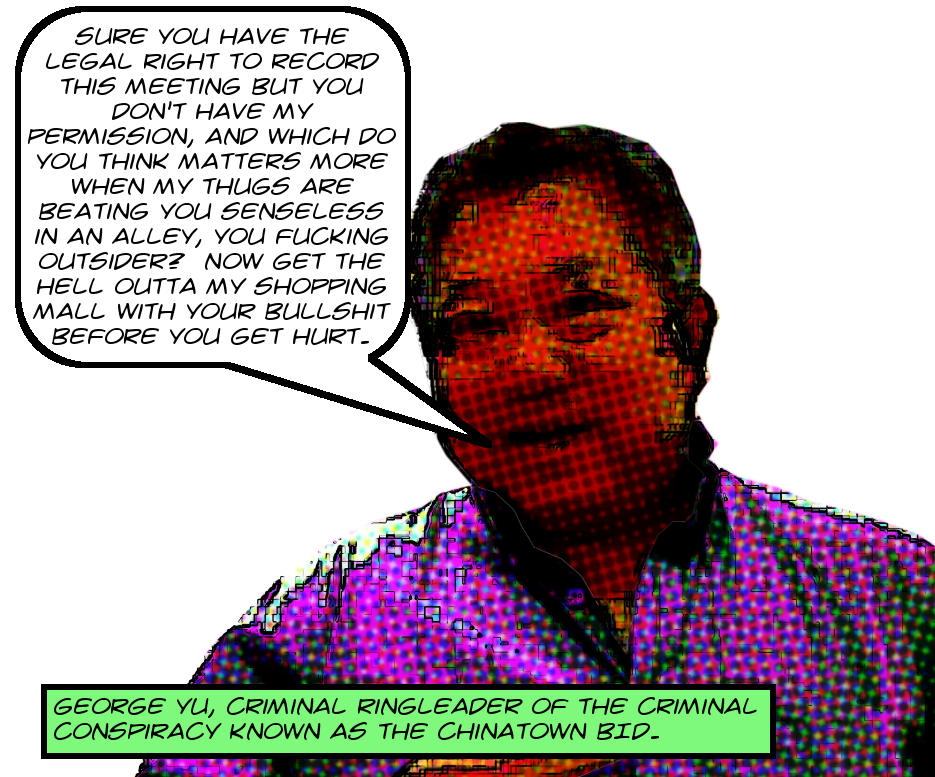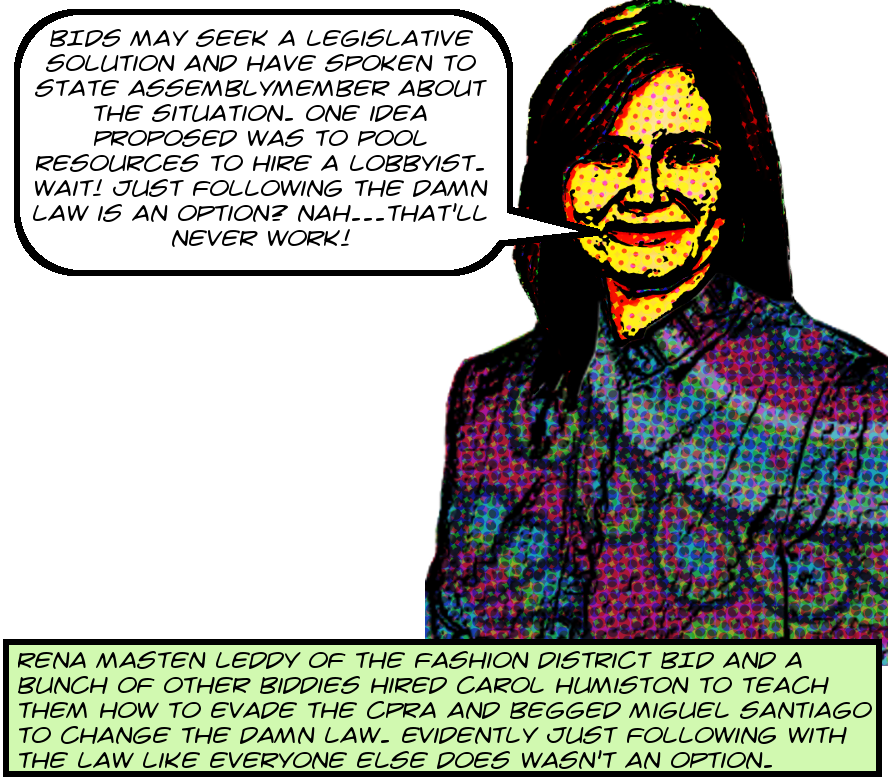 Around the turn of the century, thanks to brave and successful litigation by property owner Aaron Epstein against the demonic forces of Ms. Kerry Morrison and her Hollywood Entertainment District BID, it is the supreme law of California that business improvement districts are subject to the California Public Records Act. It is this fact that, of course, has made possible the very existence of this blog.
Around the turn of the century, thanks to brave and successful litigation by property owner Aaron Epstein against the demonic forces of Ms. Kerry Morrison and her Hollywood Entertainment District BID, it is the supreme law of California that business improvement districts are subject to the California Public Records Act. It is this fact that, of course, has made possible the very existence of this blog.
Without actual copies of actual records, what credibility would we have? We would we be but yet another gang of basement-dwelling neckbeards ranting about injustice on the internet? And the fact that their BIDs are subject to the CPRA drives the BIDdies absolutely wild with rage.
They just cannot understand how it is that every law on the books has been carefully crafted to allow zillionaires and their minions to curbstomp anyone who interferes with their interests, and yet this law seems to work against zillionairity by e.g. exposing them to public mockery and contempt. They just cannot believe that the law says what it says. What, they seem to be muttering, have we been paying all those damn legislators for?
And so they have consistently ganged up to fight any improvement to the CPRA and to develop and utilize methods for evading their CPRA-imposed duties. We saw this recently when they hired a lobbyist to thwart, gut, and render meaningless AB-1479, Rob Bonta’s modest 2017 proposal to strengthen the CPRA by making it possible to actually sanction violations, a sinister project in which they were aided by the sleazy backroom machinations of would-be Huizar successor Miguel Santiago.
And newly obtained evidence shows that in July 2018 the BIDdies continued these CPRA-thwarting efforts by holding a seminar on my CPRA requests, convened by Rena Leddy, executive director of the Fashion District BID, currently being sued for egregious CPRA violations, keynoted by Carol Humiston, the world’s angriest CPRA lawyer, and attended by circa 35 BIDdie representatives, many of whom are also being sued for egregious CPRA violations, all there to discuss me and this blog and how not to follow the law!
In particular, the records, obtained, ironically, via the CPRA, include a powerpoint presentation given by Humiston and a set of notes taken by one of the attendees. The powerpoint thing is tedious nonsense, although it gains some interest from the fact that the South Park BID wouldn’t give me a copy, claiming attorney/client privilege, a stance that’s hard to maintain in the face of the fact that Humiston presented it to 35 people, many of them not her clients. Fortunately not every BID is so moronically mulish.
However, the set of notes is pure gold! It outlines Humiston’s strategies for delaying or obstructing access to records, including suggested bogus fees to impose, when to delete emails to thwart requesters, and so on. Most crucially, though, it reveals that the BIDs have at least discussed changing state law to relieve them from their CPRA duties and hiring a lobbyist to help them do so.
They have also, it states, talked to a legislator, who is obviously that nefarious little twerp Miguel Santiago, who has amplified their wickedness before. This is an essential glimpse into the red, bloody, seething ids of the zillionaire minions who run this City’s BIDs. Turn the page for excerpts, commentary, and finally a transcription of the entire document.
Continue reading Los Angeles Business Improvement Districts Held A Seminar In July 2018 To Talk About How To Deal With My Requests For Public Records — The World’s Angriest CPRA Lawyer Carol Humiston Was The Main Speaker — Gave A Bunch Of Bogus Feel-Good Advice That Evidently Didn’t Include Just Complying With The Law Since None Of Her Clients Will Do That — BIDs Reveal That They Want The Law Changed In Their Favor — May Hire A Lobbyist To Facilitate This — Miguel Santiago Is Helping Them Out Yet Again →
 UPDATE: This story is about my attempt to get copies of 24 episodes of an LAPD podcast. LAPD has so far refused to produce them to me but I independently found a way to download them from the Department’s podcast host. I uploaded all 24 to the Internet Archive and you can get copies at this link.
UPDATE: This story is about my attempt to get copies of 24 episodes of an LAPD podcast. LAPD has so far refused to produce them to me but I independently found a way to download them from the Department’s podcast host. I uploaded all 24 to the Internet Archive and you can get copies at this link.
